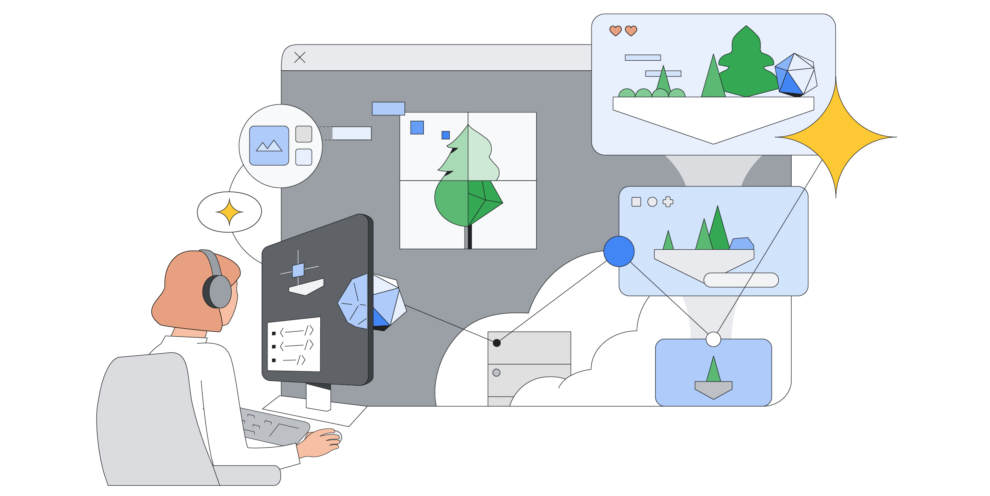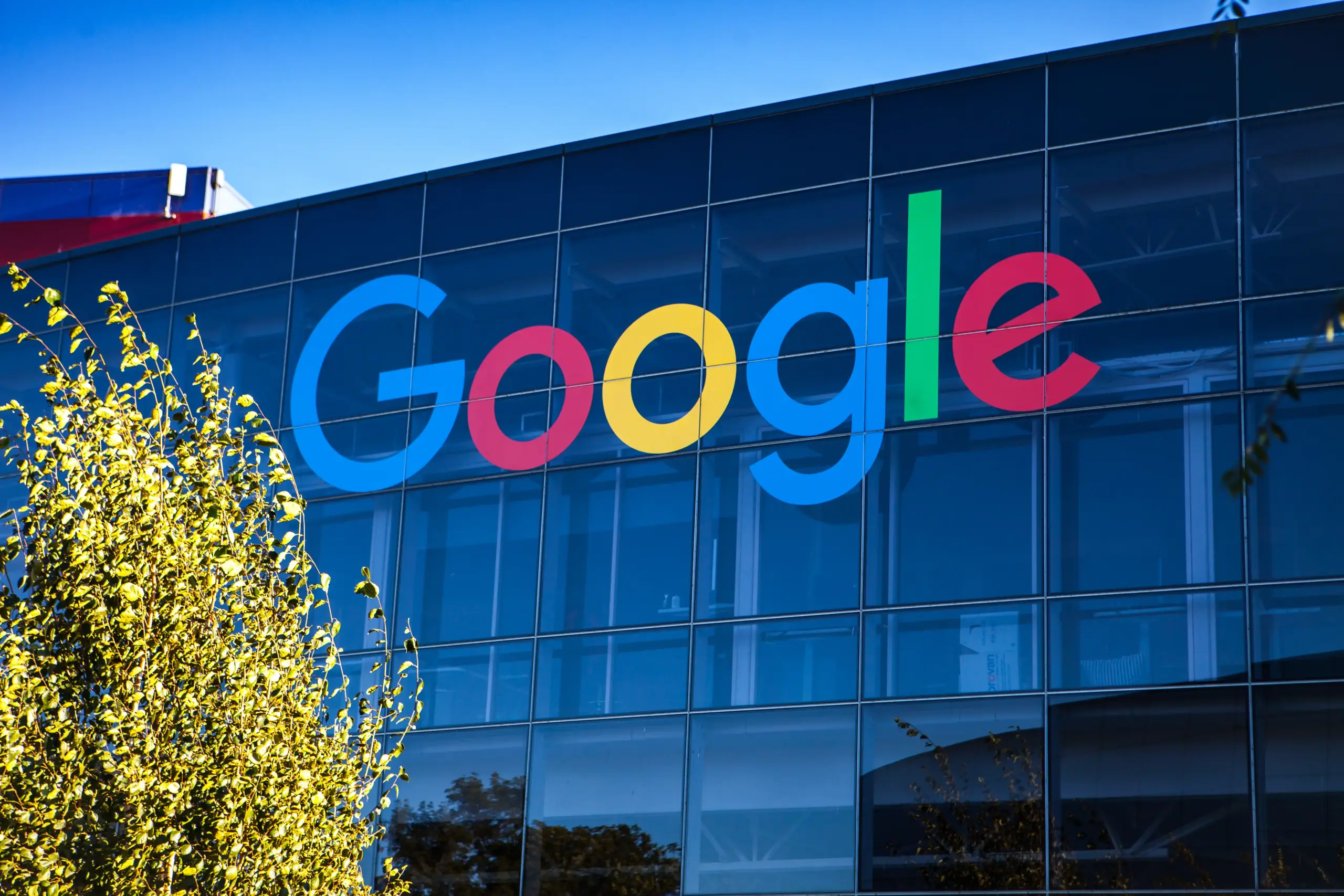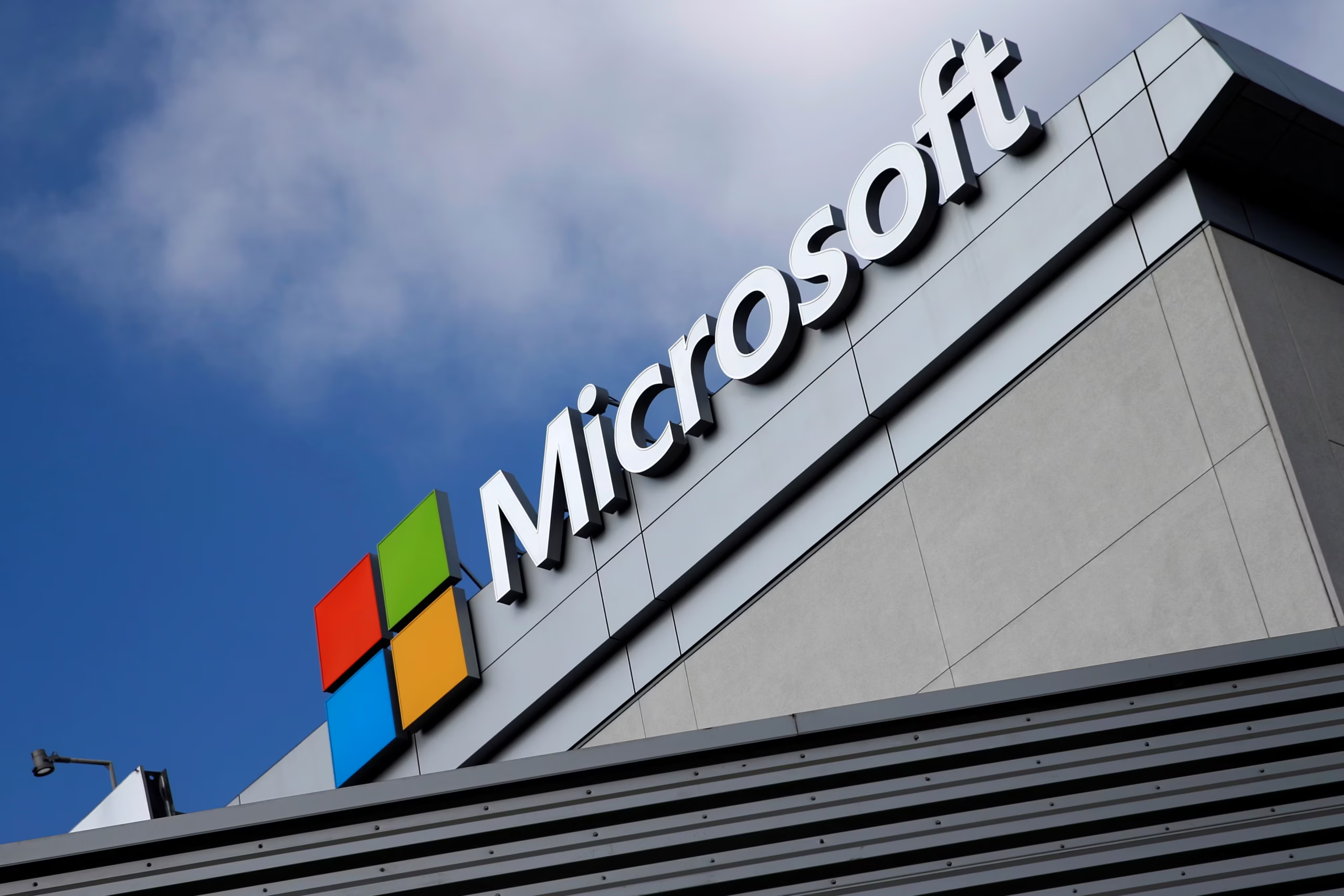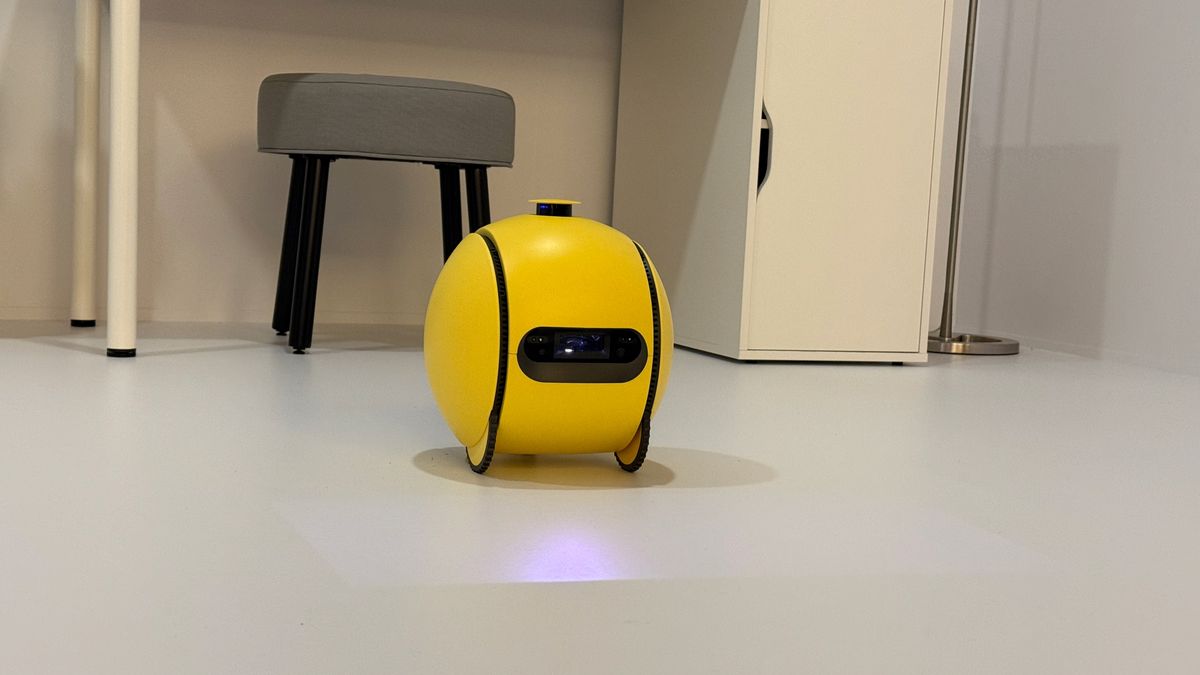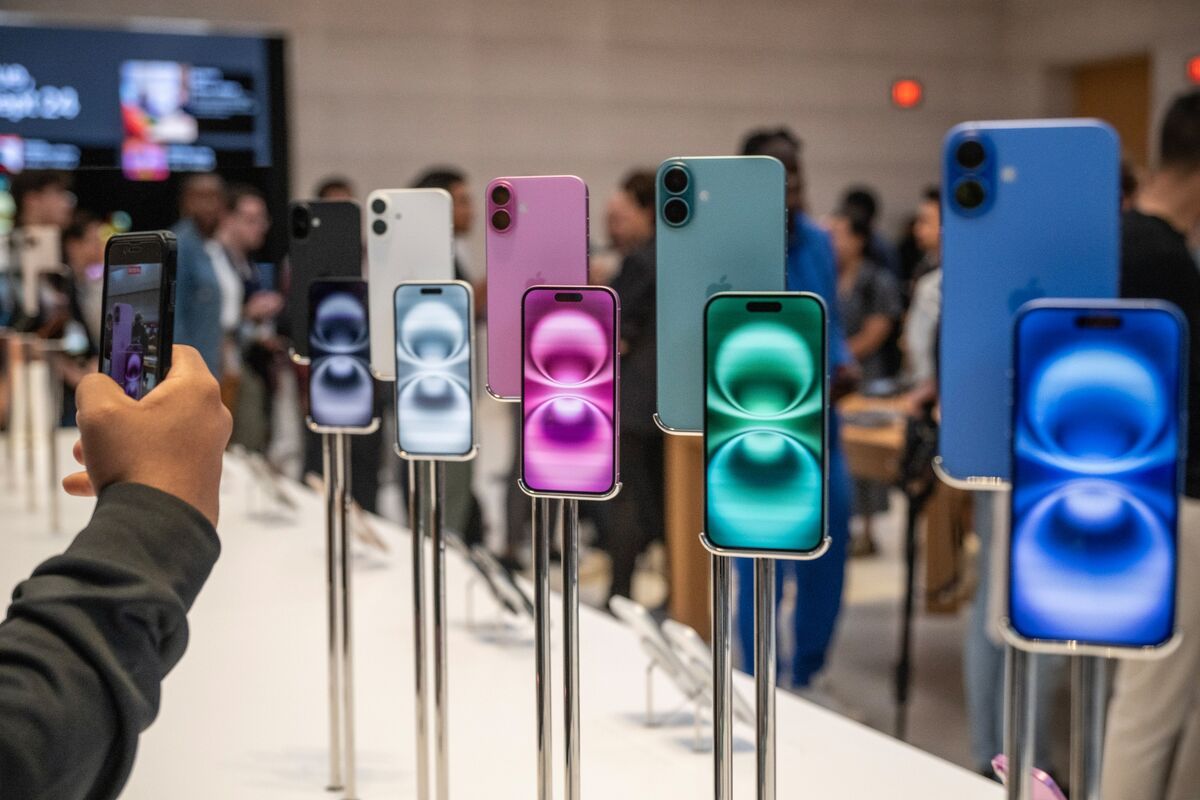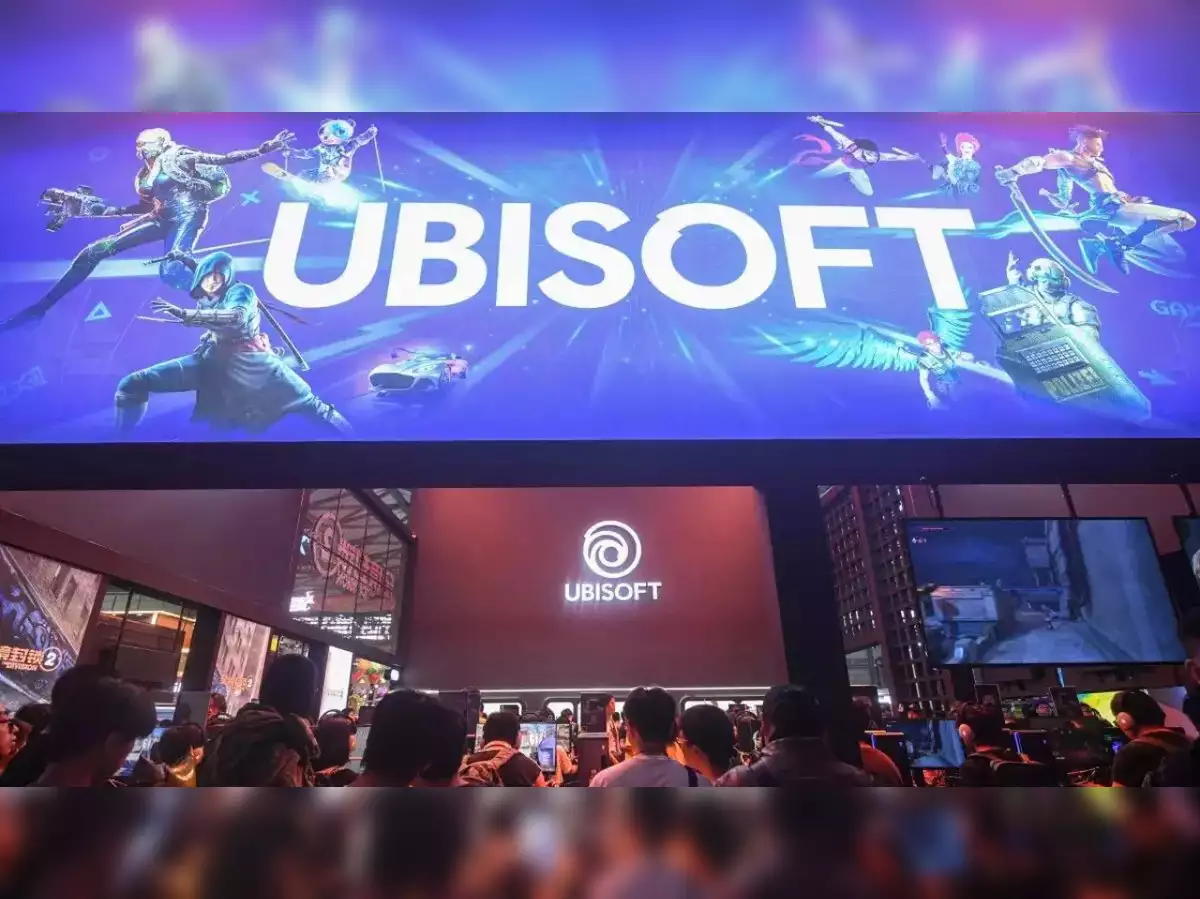The game development industry is witnessing a significant shift with the integration of generative AI tools, as revealed by recent surveys. Nearly 50% of game developers report that their studios are already utilizing these tools, highlighting a transformative phase in game creation. This article delves into the findings of these surveys, shedding light on the industry’s adaptation to AI technologies, ethical concerns, and the broader impact on game development.
Key Highlights:
- About half of game developers work at studios using generative AI tools.
- A majority (84%) express concerns about the ethical use of generative AI.
- AI tools are employed across various job roles, with business and finance leading.
- Indie studios show higher usage of AI tools compared to AAA and AA studios.
- Concerns include potential layoffs, copyright infringement, and ethical issues.
- Most companies have policies regarding AI tool usage, with varied restrictions.
- Accessibility measures are increasingly implemented in game development.
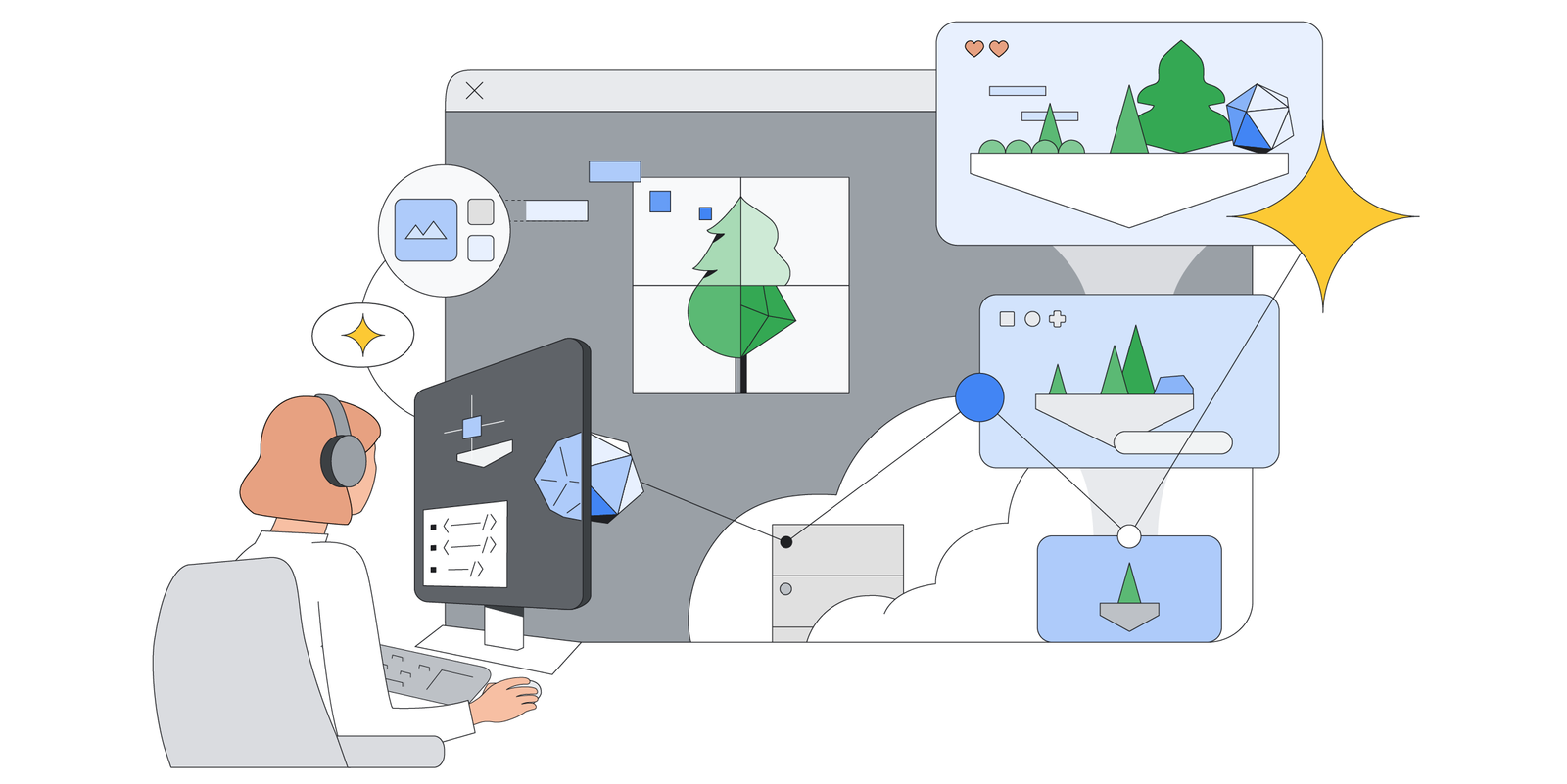
The Growing Presence of Generative AI in Game Development
Diverse Application Across Roles
Generative AI is being utilized in a range of job types within development studios. Business and finance departments lead with 44% usage, followed by community and PR, production, programming, game design, and other areas. The survey highlights a more extensive adoption in indie studios, with 37% of respondents from these studios personally using AI tools.
Ethical Concerns and Policies
Despite its growing use, developers are voicing significant concerns regarding the ethical implications of generative AI. A combined 84% of developers are either “somewhat” or “very” concerned about these issues. Concerns range from the risk of layoffs due to automation to the potential for copyright infringement and the misuse of creators’ content. Reflecting these concerns, over half of the developers reported that their workplaces have policies regulating the use of generative AI, with varying degrees of restriction.
The Impact on Creativity and Efficiency
Developers are envisioning generative AI as a tool for enhancing creativity and efficiency. While some fear the loss of creative roles, others see potential in AI-assisted coding, content creation acceleration, and automation of repetitive tasks. This dual perspective underscores the complex relationship between AI tools and human creativity in game development.
Accessibility and Marketing Trends
The survey also sheds light on the rising focus on accessibility in games. Nearly half of the developers reported implementing accessibility measures in their projects, indicating a positive trend towards inclusivity. In the realm of marketing, social media remains a key tool, though frustrations with platforms like Twitter/X are evident among developers.
Heading Towards a Hybrid Future
The survey presents a nuanced picture of the industry’s future, balancing the embrace of AI tools with ethical and creative concerns. As game development continues to evolve, it’s clear that generative AI will play a significant role in shaping the industry’s path forward.
The game development industry is at a pivotal juncture with the integration of generative AI tools. While these tools offer immense potential for enhancing efficiency and creativity, they also raise significant ethical concerns. The industry’s response, reflected in widespread policy adoptions and a cautious yet optimistic outlook, underscores the complex interplay between technological advancement and creative integrity in game development.

